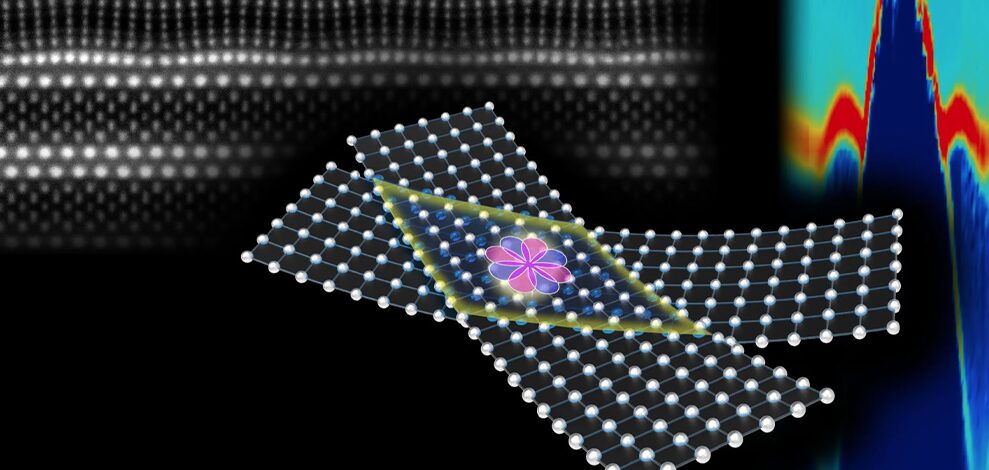Am Montag, den 214. April 2025, um 12:00 Uhr c.t., findet der erste Termin unseres Physikalischen Kolloquiums in diesem Sommersemester statt.
Prof. Dr. Niccola Poccia, Professor für Physik der kondensierten Materie am Leibniz-Institut für Festkörper- und Werkstoffforschung (IWF) Dresden und der Universität Neapel Federico II, hält einen Vortrag zum Thema „EXPLORING QUANTUM COMPLEXITY IN ARTIFICIAL SUPERCONDUCTING HETEROSTRUCTURES“.
Superconductivity is a quantum phenomenon in which certain materials can conduct electricity without resistance below a critical temperature. While the well-established Bardeen-Cooper-Schrieffer (BCS) theory explains this behavior in conventional superconductors at extremely low temperatures, it does not fully capture the complexities of high-temperature superconductors. These materials, often ceramics like cuprates, exhibit superconductivity at temperatures closer to that of liquid nitrogen, making them of great scientific and technological interest. Unlike conventional superconductors, high-temperature superconductors display a complex electronic landscape, where quantum entanglement plays a crucial role. The nature of their superconducting state is not fully understood, and it differs significantly from the classical solid-state physics models found in textbooks. Some researchers refer to these materials as examples of „supreme quantum matter“ or „ultra-quantum matter“ to emphasize their intricate and unconventional properties. Over the past few decades, advancements in material science have provided a clearer understanding of both the challenges and the potential of these superconductors. A particularly exciting avenue of research involves engineering artificial superconducting structures by stacking and twisting thin layers of cuprates. These heterostructures open the door to novel quantum phases and emergent electronic states that are not found in naturally occurring materials. In this context, ongoing experimental efforts focus on designing and fabricating such systems, addressing technical challenges, and exploring their possible applications in future quantum technologies.
Abstract des Vortrags von Prof. Poccia
Prof. Dr. Ilya Eremin gibt eine Einführung in den Vortrag.
Die Fakultät lädt alle Interessierten herzlich ein. Die Veranstaltung findet – anders als im letzten Semester – im Hörsaal NB 3/99 statt.
Alle Termine des Physikalischen Kolloquiums finden Sie hier.
Bild: Grafische Darstellung eines gestapelten, verdrillten Kuprat-Supraleiters. © Harvard University / Lucy Yip, Yoshi Saito, Alex Cui, Frank Zhao


